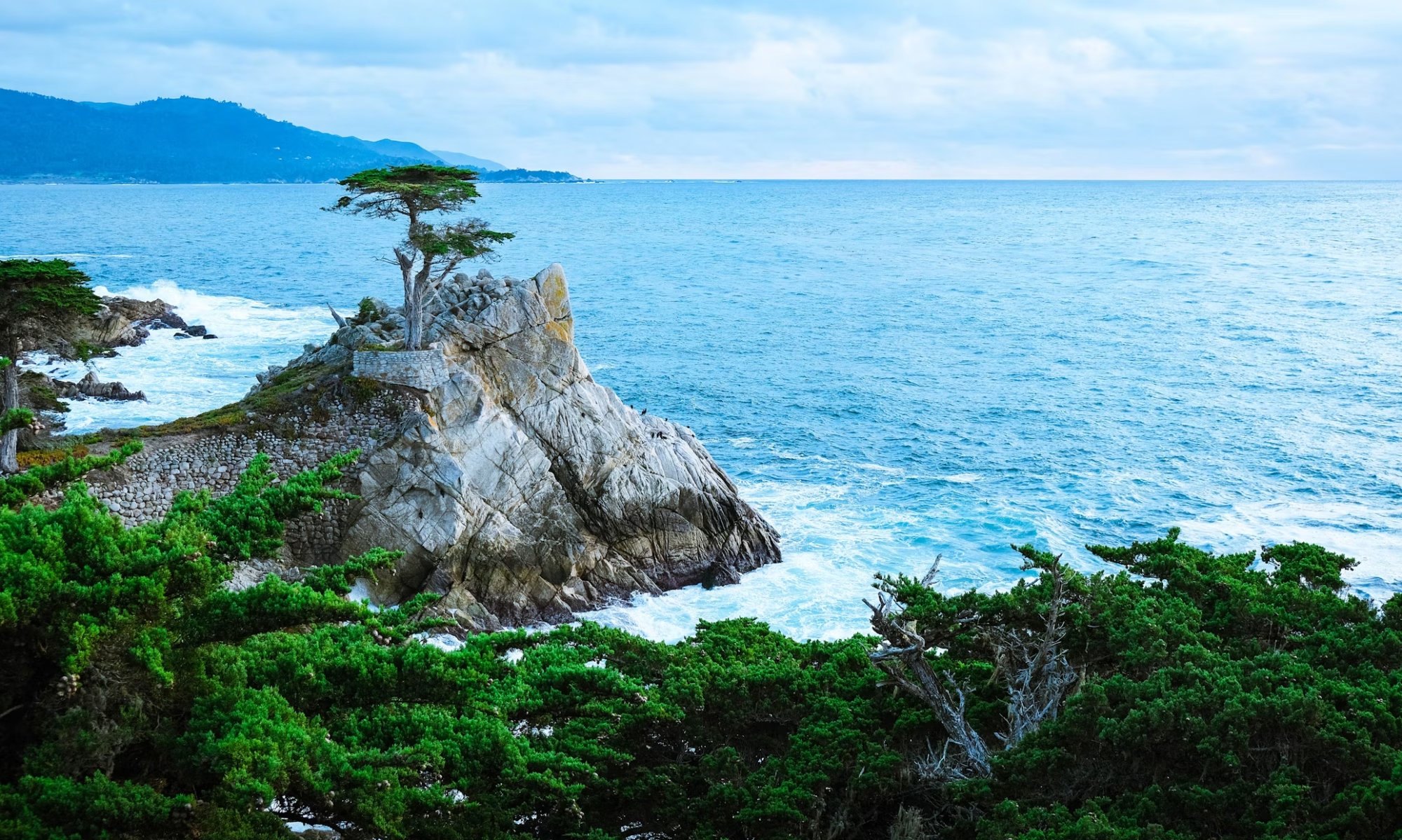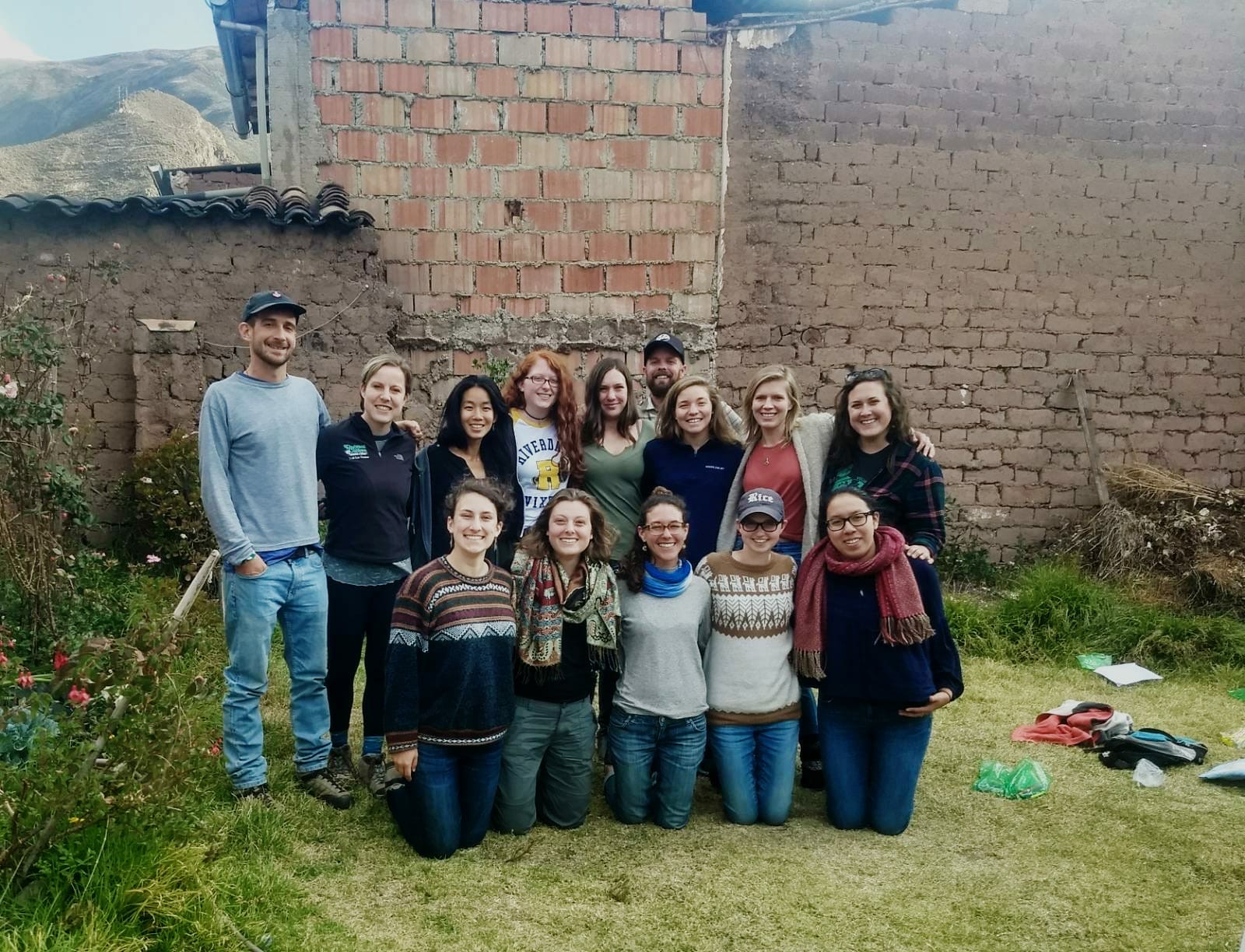Andean Alliance for Sustainable Development
I spent this past summer as a Scholar in the Social Impact Corps program working with Andean Alliance for Sustainable Development in Calca, Peru. Social Impact Corps is a program coordinated through both Middlebury College and MIIS, and this year consisted of a cohort of Middlebury undergraduate students (“interns”) and two MIIS students (“Scholars”) working with a host organization. In my case, my cohort was working with the Andean Alliance for Sustainable Development (AASD) in Calca, Peru (located in the Sacred Valley region of Cusco). Andean Alliance is an NGO started by MIIS alumni that works with small-scale farmers in Peru. AASD hosts university students each summer for research programs, which is what the Social Impact Corps cohort was a part of this summer (joined by a few students from other universities as well). As a Scholar, my role was to foster the MIIS/Middlebury partnership with the organization, assist the interns with the summer research project, mentor the interns and facilitate reflections with them, and conduct an individual research project (with the other MIIS Scholar on the program) that would benefit the organization.
As a cohort, we conducted development research on how best to connect small-scale organic farmers in the Sacred Valley with restaurant markets in order to promote food sovereignty and farmer liberation. We conducted interviews with farmers and restaurant owners and eventually created several deliverables, including an extensive research paper for AASD to utilize when applying for grants, catalogues for the farmers to use when they sell produce to restaurants, and a survey of tourists in the region to understand how best to market this produce to restaurants. For our individual research, the other Scholar and I worked with AASD to identify what would be most beneficial to them. Together, we decided that interviewing the student participants in-depth both during and after the program and then offering recommendations to AASD on how to improve future summer programs would be the best way for us to add value to the organization. Additionally, each week, we led reflections for the students to take time to think about, analyze, and evaluate how this experience was impacting them and what they were learning from it. The other Scholar and I also met with AASD staff continually to debrief what was going well, what was challenging, and ideas for new directions to take. We were constantly shifting to adapt to what was best for AASD, the students, and the host community.
This experience couldn’t have been more perfect for my academic career here at MIIS and my future professional goals. As a dual degree International Education Management and MPA student at MIIS, it was amazing to work with an organization that was dedicated to both international development and experiential education. I was able to see firsthand how they balance the interests of community members as well as the students they host, and the inherent challenges and benefits in a model like that. Being able to meet with staff to talk about these issues on a regular basis was an amazing professional development opportunity. Additionally, I gained experience in conducting development research, which is something I had not had the opportunity to do prior to this and which opened my eyes to its importance before initiating development projects in a community. However, the most rewarding part of the summer for me was working with the undergraduate students and seeing how they were challenged, stretched, and pushed over the course of the summer, but also how much they all grew from it. Interviewing them a few weeks after the program ended and hearing how much perspective and confidence they had gained was such an incredible thing, and really reinforced that international education is a field that I want to be a part of.
I’ve always had a hard time understanding exactly how international education and international development could intersect in a meaningful way, and in a way that I could have a role in. The Social Impact Corps program allowed me to experience firsthand this intersection and gave me so much insight into what I want to pursue both during and after my time at MIIS. Special thanks to AASD, the Social Impact Corps cohort, Dr. Netta Avineri (my research supervisor), and Dana Anderson (the Social Impact Corps coordinator at Middlebury) for this incredible opportunity, and for the IPL funding for helping to make it a reality!

Click here to check out Katie’s project regarding smallholder organic farmers in Cusco, Peru




You must be logged in to post a comment.